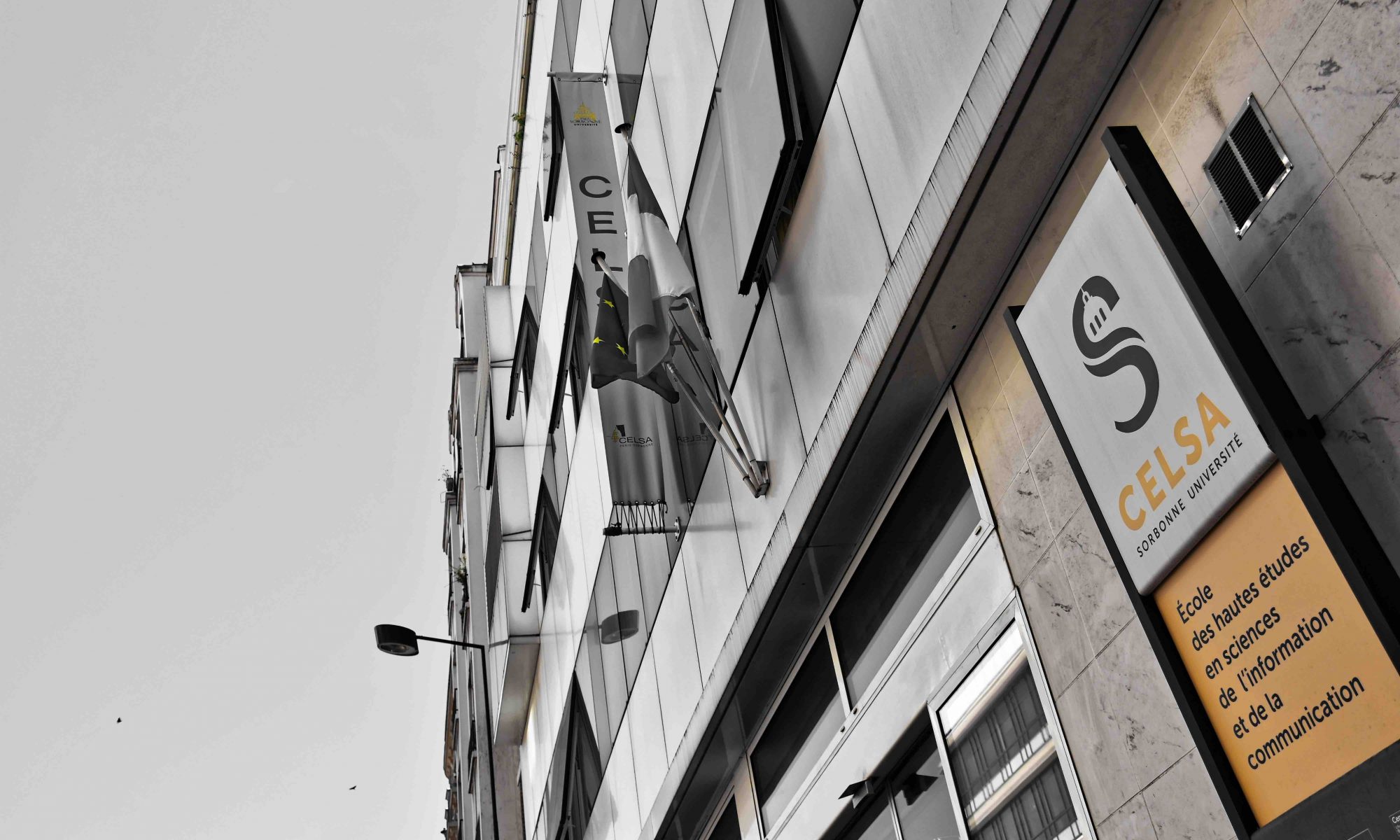
La reconversion est une période délicate dans la vie d’un sportif de haut niveau. Surtout lorsqu’elle arrive prématurément. Thomas Poitrenaud, ancien joueur au Tarbes Pyrénées Rugby, a dû mettre fin à sa carrière à 29 ans, après une blessure au genou. Il nous raconte comment il est passé du terrain aux bureaux d’une entreprise d’événementiel.
Vous avez vécu deux blessures successives au genou, et avez décidé de mettre fin à votre carrière. Étiez-vous paré à cette éventualité ?
Je n’irais pas jusque-là. Mais parallèlement à ma carrière, j’avais continué mes études assez longuement, j’avais fait un master 2 en génie civile et infrastructures, et ensuite une école de commerce. J’avais donc un bagage universitaire correct. J’avais décidé de continuer mes études surtout parce que, de toute façon, une carrière de rugbyman est courte. Même dans le meilleur des cas, à 32 ou 33 ans, il faut basculer vers autre chose. En l’occurrence, la blessure on sait que ça peut aussi mettre un terme prématuré à une carrière. C’était un peu en prévision des deux cas. Je savais que ça allait me servir à un moment donné.
Je me suis rendu compte à ce moment-là des bienfaits d’avoir poursuivi mes études. Sans ce bagage-là, j’aurais été beaucoup plus en stress et inquiet.
Comment avez-vous vécu cette transition entre le terrain et la reconversion ?
Il y a eu plusieurs phases. Au début, il a fallu faire le deuil du rugby, ce qui n’a pas été évidence, parce que j’ai arrêté un peu « salement » : sur une blessure, à trois matchs de la fin d’une saison où en plus le club descendait, pour des raisons financières. Du jour au lendemain, vous vous retrouvez un peu tout seul, vous êtes à la recherche d’un club, mais vous n’avez plus de genou, vous y croyez sans trop y croire. Vous n’avez plus de contact avec le milieu du rugby. Mais ça fait aussi partie du jeu. Quand on n’est plus dedans, on n’est plus dedans, c’est comme ça.
Après, on commence à se projeter un peu vers la suite. Il fallait bien passer à autre chose. Des projets ont commencé à se concrétiser. Je me suis projeté sur ma recherche d’emploi. Ce s’est fait naturellement finalement, il n’y a pas eu de déclic, où je me suis dit, « ça y est, c’est derrière moi ». Aujourd’hui, ça me manque encore. Mais maintenant, je le vois sans tristesse. Je suis content de regarder mais anciens potes jouer, je n’ai pas de regret, d’aigreur.

Une fois votre décision prise, comment avez-vous trouvé votre nouvel emploi ?
Pendant ma rééducation, j’ai décidé de faire un bilan de compétences. Pour voir où j’en étais. Ça m’a aidé à basculer plus facilement dans ma recherche de travail. Il y a eu trois ans entre le moment où j’ai arrêté mes études et le moment où je me suis blessé, pendant lesquelles je n’ai fait que du rugby. Donc malgré tout, on déconnecte.
Entre faire des études dans un domaine et y travailler derrière, parfois, il y a un monde. D’ailleurs, j’ai fait du génie civil et je me suis rendu compte que ce n’était pas fait pour moi. Heureusement, j’avais cette école de commerce qui m’ouvrait d’autres portes.
J’ai eu de la chance de ne pas avoir à trop gamberger là-dessus, puisque j’ai trouvé du travail assez facilement. Je suis chef de projet dans une agence qui produit des événements publics et privés. J’ai signé officiellement mon CDI au bout de deux mois de recherche, à la fin de mon arrêt de travail. Ça fait maintenant six mois que je suis « dans la vie réelle ».
Être un ex joueur professionnel, est-ce un atout ou une faiblesse sur le marché du travail ?
Dans mon cas, j’ai eu des avis plutôt positifs. Être sportif de haut niveau, c’est un gage pour les entreprises d’avoir quelqu’un qui a l’esprit d’équipe, l’envie de réussir. Quand on devient pro, c’est qu’on a travaillé, il n’y a jamais rien sans rien. Et puis, aujourd’hui, il y a des liens de plus en plus forts, des passerelles qui se font entre les milieux du sport de l’entreprise, qui cherchent de plus en plus à retrouver dans leurs services l’esprit qu’on peut avoir dans une équipe de sport de haut niveau, avec cette volonté de gagner, de s’améliorer.
Mais la limite, c’est que les entreprises recherchent souvent quelqu’un avec un minimum d’expérience, et les sportifs ne l’ont pas. Quand on est pro, c’est notre métier et on ne fait que ça. Après, tout dépend du type de travail que vous cherchez. Moi, je cherchais des postes avec un certain bagage universitaire. Quand vous vous retrouvez face à des gens qui ont le même niveau universitaire que vous, mais qu’ils ont déjà deux ou trois années d’expérience, la balance va pencher en leur faveur. Une fois qu’on est à armes égales sur l’expérience en revanche, le fait d’avoir été sportif de haut niveau dans un première vie, c’est un gros atout.
Votre situation financière a-t-elle changé avec votre nouvelle vie ?
On n’a pas des salaires non plus mirobolants en deuxième division, ce n’est pas le niveau du top 14. J’ai eu une baisse de salaire, c’est sûr, mais pas au point de bouleverser ma vie. C’est certainement plus dur à accepter pour les joueurs qui gagnent 20 000 euros par mois.
Source : Direction nationale d’aide et de contrôle de gestion de la Fédération Française de Rugby
Propos recueillis par Emilie Salabelle
A lire aussi :

